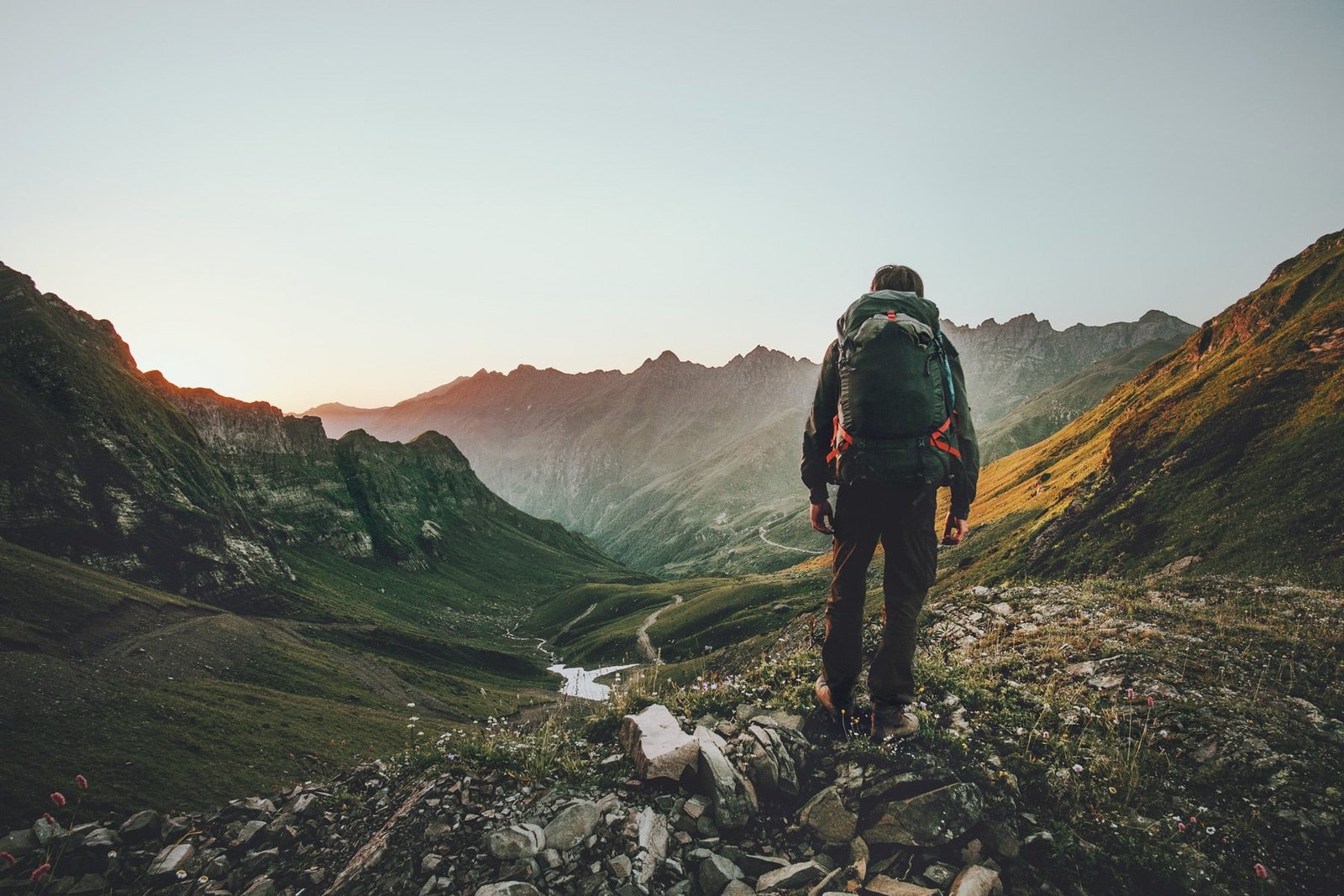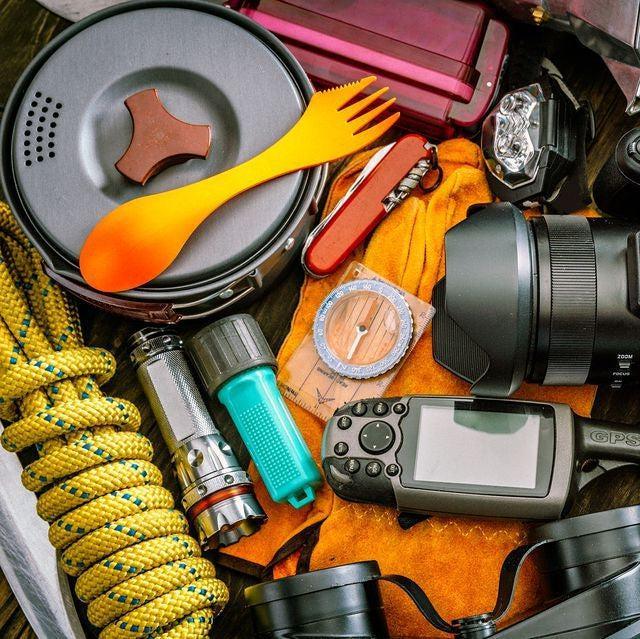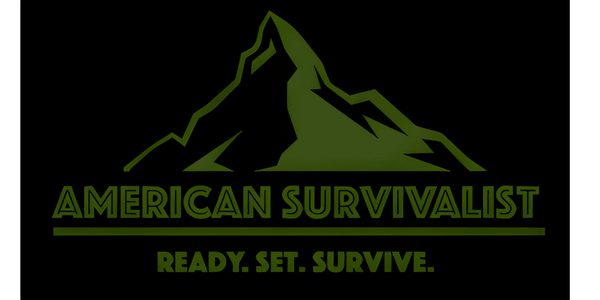Safety and Security FAQ
Protecting Against Natural Disasters
Q: How can I protect myself and my family from natural disasters like wildfires or floods?
A: The best way to protect yourself and your family from natural disasters like wildfires or floods is to have an emergency plan in place. This plan should include evacuation routes, a designated meeting place, and a fully stocked emergency kit with food, water, and other supplies. It's also important to stay informed about weather conditions and potential hazards in your area, and to take appropriate precautions such as clearing debris from gutters and drains, reinforcing windows and doors, and staying away from flood-prone areas.
Q: How can I protect myself and my family from extreme weather conditions during a disaster?
A: To protect yourself and your family from extreme weather conditions during a disaster, you should have appropriate clothing and gear for the weather, including rain gear and warm clothing. You should also seek shelter in a sturdy, protected location, and avoid exposed areas or areas prone to flooding.
Encountering Dangerous Animals
Q: What should I do if I encounter dangerous animals in the wild during a survival situation?
A: The first rule when encountering a dangerous animal in the wild is to remain calm and avoid any sudden movements that could provoke the animal. Depending on the situation, it may be best to slowly back away while keeping an eye on the animal, or to make loud noises and use defensive tools like bear spray or a walking stick. It's important to research and understand the specific behaviors and tendencies of animals in your area, and to take appropriate precautions like storing food and trash in secure containers and avoiding areas where animals are known to be active.
Q: How can I secure my food and supplies from animals and pests during a survival situation?
A: To secure your food and supplies from animals and pests during a survival situation, you can store them in airtight containers or hang them from trees. You can also use traps or barriers to keep animals and pests away from your supplies.
Securing Your Home and Property
Q: How can I secure my home from burglaries and break-ins during a disaster?
A: In order to secure your home from burglaries and break-ins during a disaster, it's important to take preventative measures like installing sturdy locks on doors and windows, reinforcing entry points with steel bars or heavy-duty shutters, and investing in a home security system with backup power. It's also important to have an emergency plan in place that includes designated safe rooms or shelter areas in case of a break-in or other security threat.
Q: What types of barriers or fencing can I use to secure my property in a survival situation?
A: Depending on the situation, you may need to secure your property from intruders or animals. Some effective barriers include fencing, barbed wire, or thorny bushes. Consider using natural barriers like trenches or ditches as well.
Self-Defense and Protection
Q: What are some self-defense techniques that I can learn for a survival situation?
A: Some self-defense techniques that can be useful in a survival situation include hand-to-hand combat skills like striking, grappling, and joint locks, as well as defensive tool training like knife or firearm use. It's important to seek out professional instruction and practice regularly in order to develop and maintain these skills.
Q: How can I protect myself and my family from dangerous individuals in a survival situation?
A: In order to protect yourself and your family from dangerous individuals in a survival situation, it's important to stay aware of your surroundings and to avoid potentially dangerous areas or situations. It may also be helpful to have a plan for self-defense and to carry defensive tools like pepper spray or a personal alarm. It's important to remain calm and avoid confrontation if possible, but to be prepared to defend yourself and your family if necessary.
Handling Emergencies and Risks
Q: What should I do if I become separated from my family during a disaster?
A: The first step is to stay calm and try to establish communication with them. Use your pre-planned communication plan or try to reach them through a designated meeting point. If all else fails, contact local authorities or emergency services and provide them with any relevant information about your family's whereabouts.
Q: What should I do if I encounter dangerous plants or toxins in the wild during a survival situation?
A: If you encounter dangerous plants or toxins in the wild during a survival situation, you should avoid touching or ingesting them. Look for signs of poisoning like rash, nausea, or difficulty breathing, and seek medical attention immediately if you experience any of these symptoms.
Handling Resources and Equipment
Q: What types of communication devices should I include in my survival kit?
A: Some types of communication devices to include in your survival kit may include a two-way radio, a whistle, a flare gun, or a signaling mirror. Be sure to test these devices before you need to use them and make sure they are in good working condition.
Q: How can I safely handle and store firearms for self-defense in a survival situation?
A: To safely handle and store firearms for self-defense in a survival situation, you should receive proper training and practice good gun safety habits. Always store your firearms unloaded and in a locked container, and only load them when you are ready to use them. Be sure to clean your firearms regularly and inspect them for damage or wear.
Q: How can I safely handle and store flammable materials during a disaster?
A: Store flammable materials in a cool, dry, and well-ventilated area away from heat sources or open flames. Make sure to label them properly and keep them out of reach of children. If you need to transport flammable materials, use appropriate containers and follow the guidelines set by the Department of Transportation.
Health and Well-being
Q: How can I protect myself and my family from water-borne illnesses during a disaster?
A: To protect yourself and your family from water-borne illnesses during a disaster, you should purify your water before drinking it. Boiling, filtering, or treating your water with chemical disinfectants can all help reduce the risk of illness. You should also avoid drinking water from sources that may be contaminated, like rivers or streams near industrial areas.
Q: How can I protect my family from exposure to radiation during a disaster?
A: Stay indoors or seek shelter in a basement or other protected area. Seal all windows and doors with duct tape or plastic sheeting and use a high-quality air filtration system or mask. Avoid contaminated food and water and follow instructions from local authorities regarding evacuation or relocation.
Safeguarding Personal and Financial Assets
Q: How can I secure my personal and financial information in a survival situation?
A: To secure your personal and financial information in a survival situation, you should keep important documents like passports, birth certificates, and financial records in a secure, waterproof container. You may also want to have backup copies of important documents stored in a separate location. Additionally, you should be cautious about sharing personal information with strangers or over unsecured communication channels.

American Survivalist Insider
Join our community and be the first to receive expert survival guides, exclusive product releases, limited-time discounts, and the latest news and trends in emergency preparedness.

